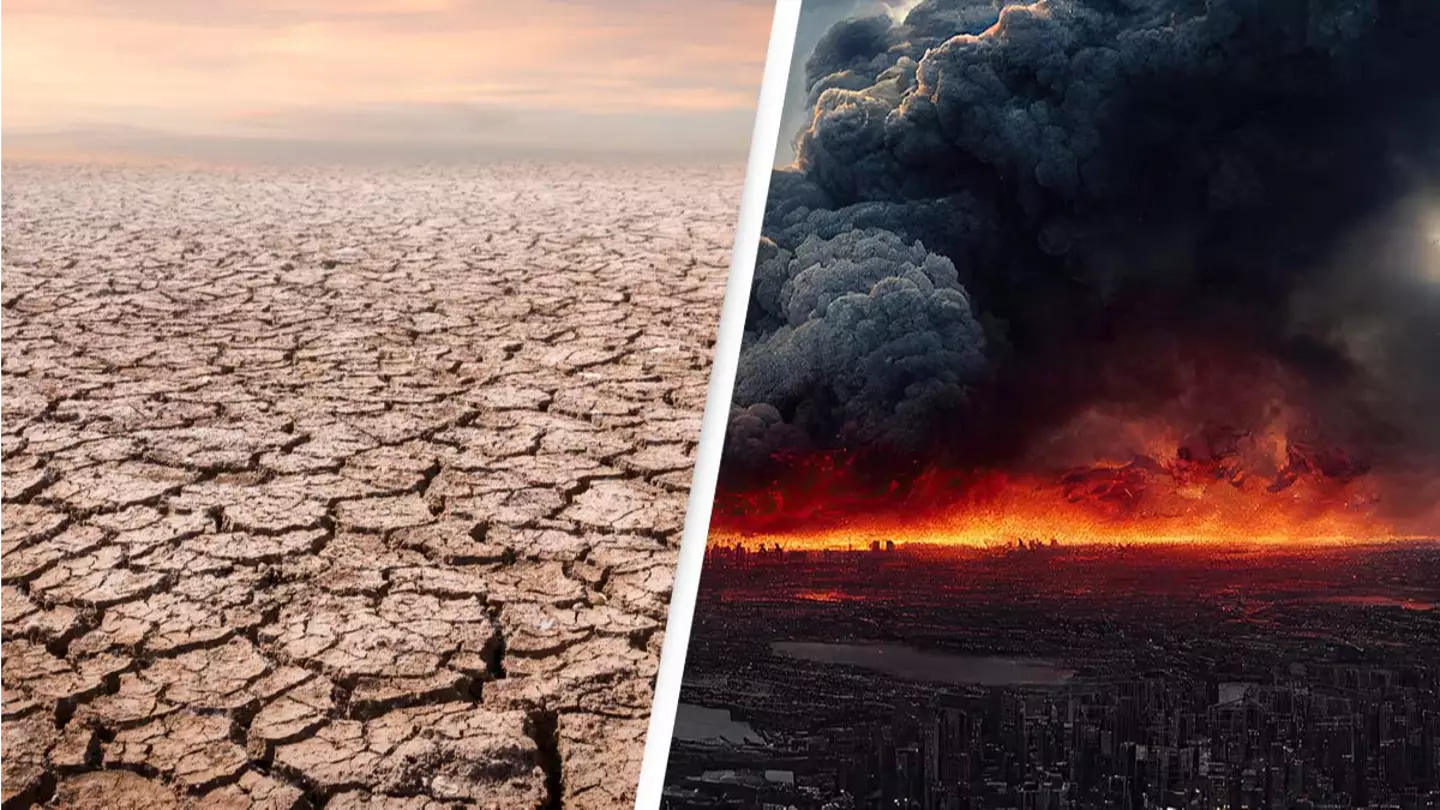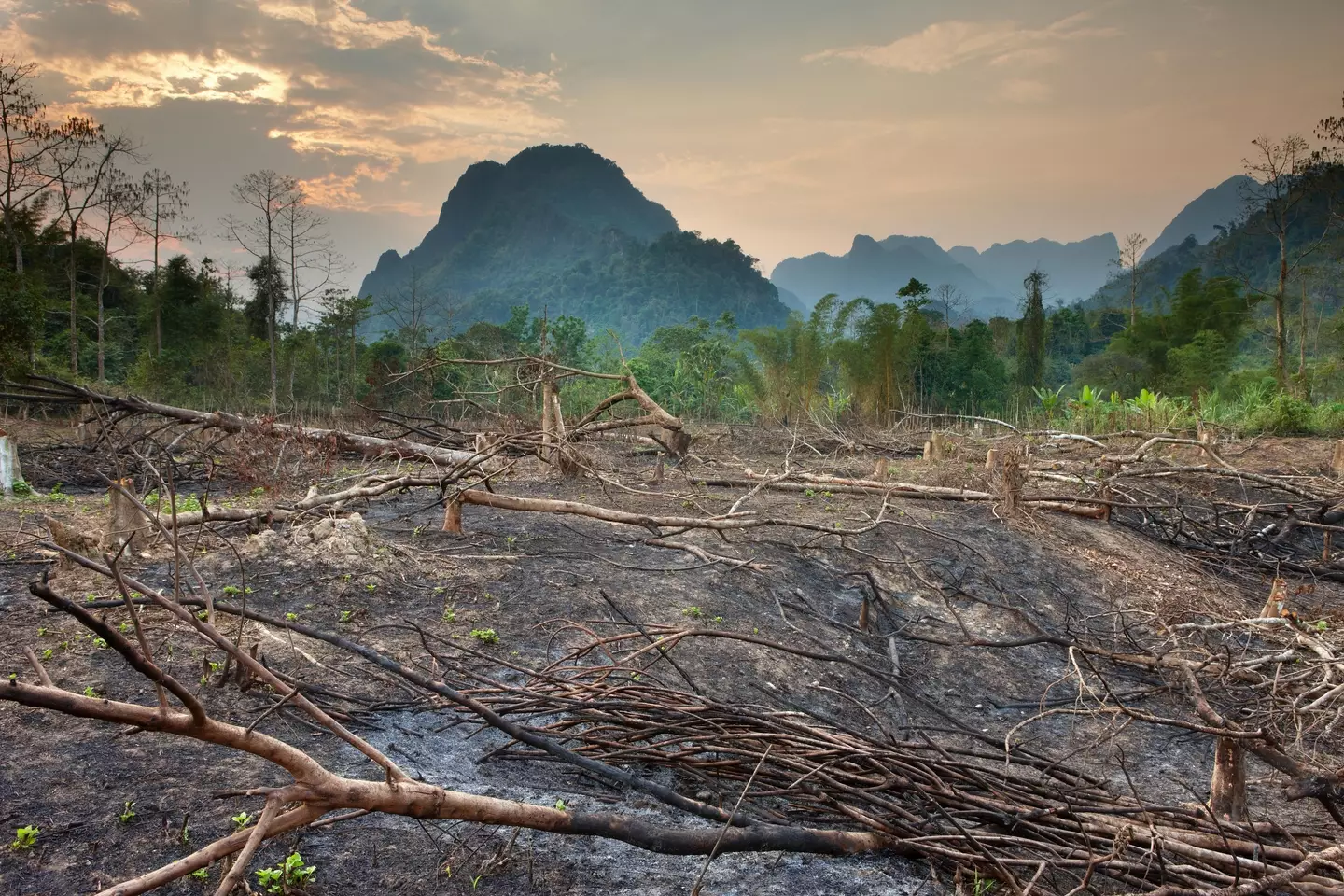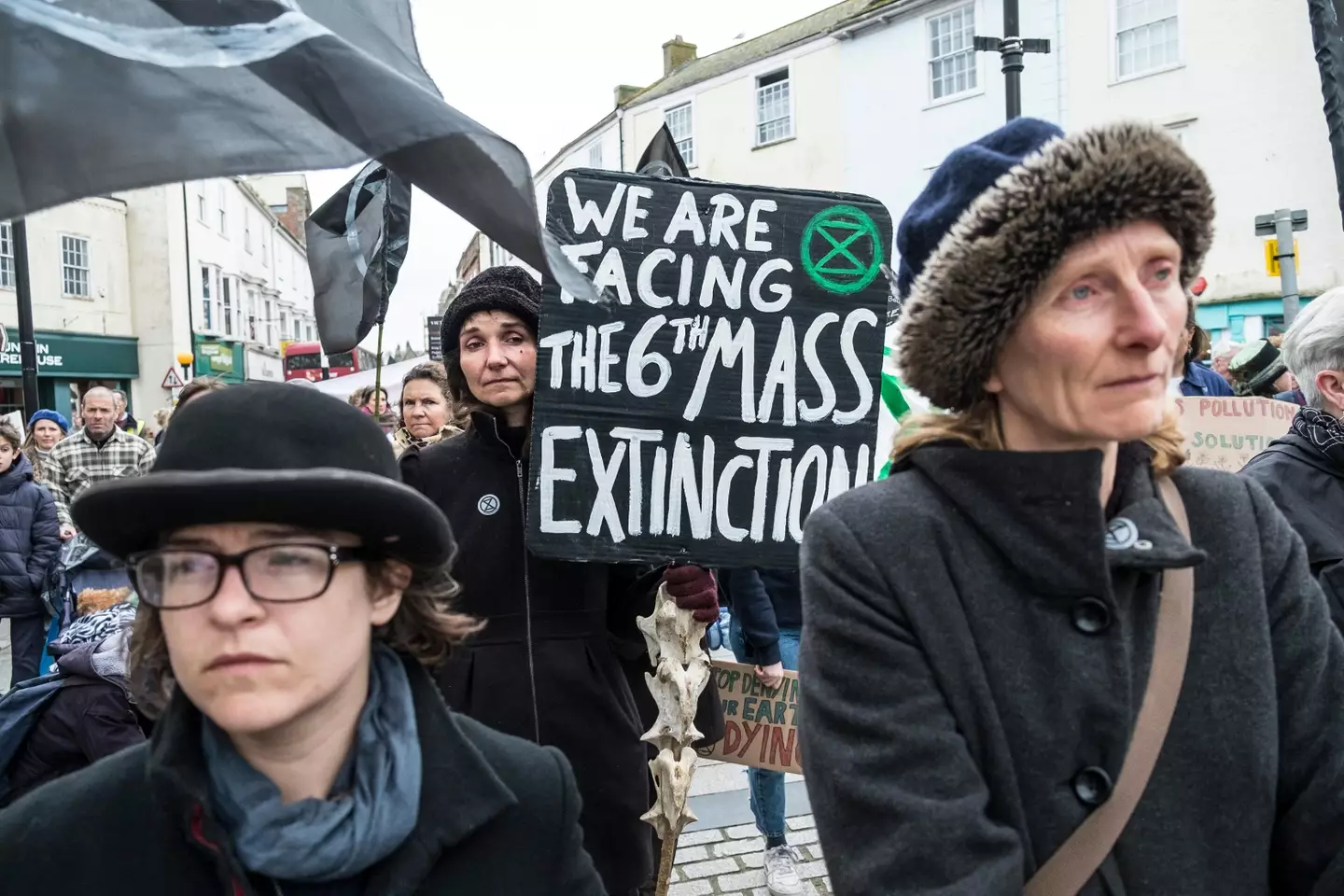
When we hear the word 'extinction', most of us automatically think of what happened to the dinosaurs, but the first mass extinction event since then is already happening.
Us humans might have only just broken a new population record of eight billion this month, but this planet is changing irrevocably by the day.
According to experts, we are now in the world's sixth mass extinction event - the first since the dinosaurs were wiped out over 65 million years ago - and it's very different from its predecessors.
Advert
This is because it's being driven by human activity like the plundering of the earth's natural resources and climate change.
The 2022 Living Planet Report found that a staggering 30 percent of biodiverse sustainable land is being used for food production to feed the Earth's colossal human population.
In a nutshell, while us humans might, on the surface, be thriving, our continued dominance of the planet is having a devastating effect on animal and plant life.
Eighty percent of all deforestation is down to agriculture, which is ripping away and destroying the homes where other species once thrived, leading them to extinction.
And if you combine humankind's need for food and energy along with the damage caused to the climate, which leads to more floods and drought, then you have a recipe for disaster.
But this isn't just a disaster for animals and other life, as it could see us humans being resigned to the history books just like the dinosaurs.

Why? Well, because no species on this pale blue dot of ours exists in isolation, and the decline of one species can have devastating effects on others.
As reported by WWF, extinction is currently estimated to be happening between 1,000 and 10,000 times faster than it would do naturally if there were no human activity.
Gerardo Ceballos, a professor at the National Autonomous University of Mexico, said: "Fifty years ago, the species who were endangered were very specific, the large animals or the ones who competed with humans and so on.
"But now everything is maybe at risk - the small and big, conspicuous and inconspicuous, the bad and not so bad."
When a form of life does dies out, this ultimately has a knock-on effect on its eco system and while some extinction is expected, if it happens on mass, it can stop that eco system from functioning and sustaining the surviving lifeforms - like us humans.
"We're losing so many species that civilisation is facing a possibility of global collapse in the next two or three decades," Ceballos said, according to CNET.

However, the small silver lining to this situation is that because the sixth mass extinction event is being caused by humans, this means that we can also slow it down by taking action.
WWF reports that the action to protect the planet under the Paris Agreement will be of key importance in doing this, but people shouldn't lose sight of the impact that small, individual actions can have too.
The growth in popularity of plant based diets could go some way to saving certain species for example, with a report from the Food Foundation estimating that a reduction in meat consumption could save more than 500 species.
Topics: News, Climate Change
